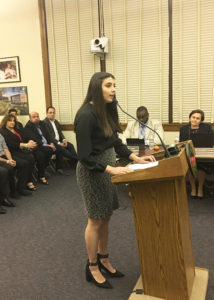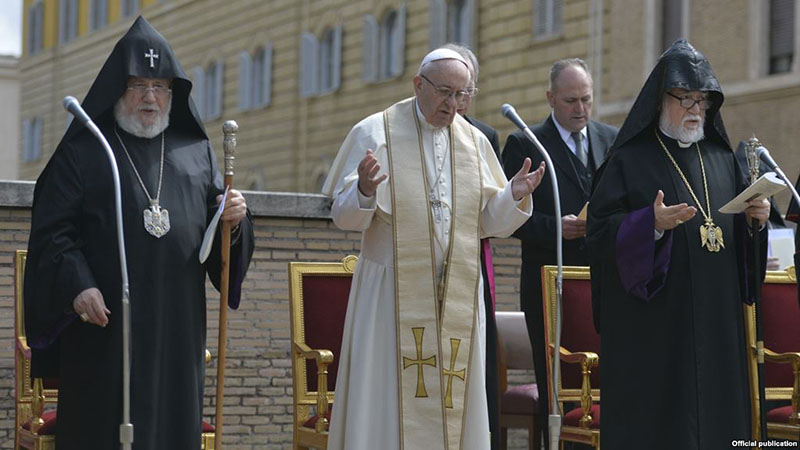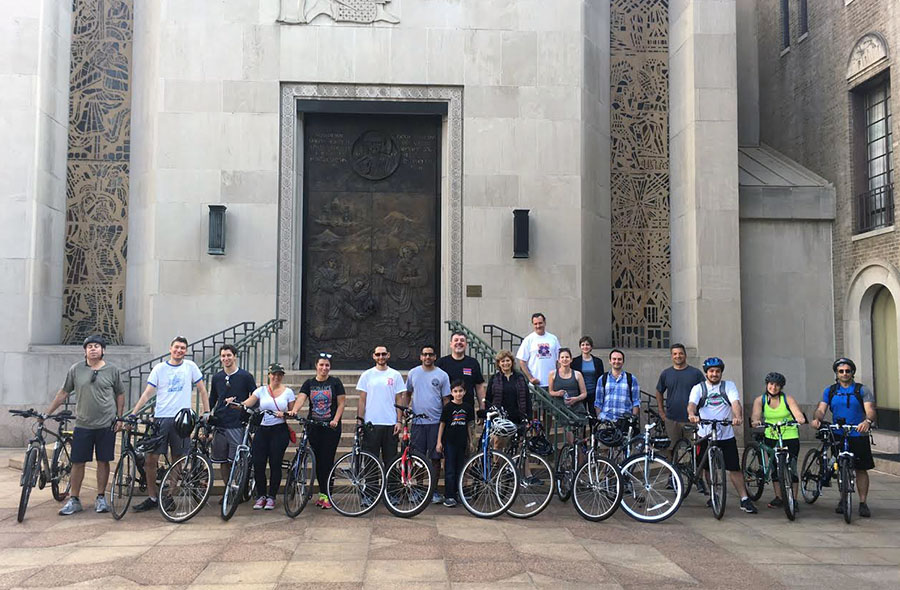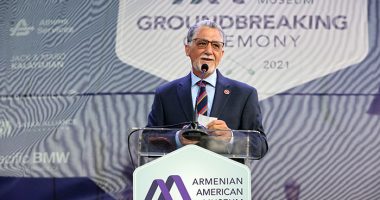PASADENA — Led by Board Chair Roy Boulghourjian, the Pasadena Unified School District Board of Education unanimously voted to pass a resolution, on March 29, 2018, designating the month of April as “Pasadena Unified School District Month of Commemoration for the Anniversary of the Armenian Genocide of 1915” ensuring the Armenian Genocide is properly taught to its faculty, student body, and the community at large.
Furthermore, the Resolution recommits the PUSD Board to engage with teachers in robust discussions about best practices around teaching the subject of genocide and the most effective ways of communicating the important society themes that run through the continuum of genocides of modern history.
The Resolution was jointly introduced by the Armenian Student Club Chairs Aram Chalikyan of Marshal High School, and Hamlet Nortikyan of Pasadena High school.


“The one topic that I do not recall covering in depth was the Armenian Genocide in my honors World History class,” recalled Ms. Ghafari. “In a chapter of my textbook, the Armenian Genocide was vaguely summarized into one, small paragraph. My teacher at the time was also vague on the subject and showed us a short video clip of an Armenian grandma weeping and giving her testimony on the event and what she had to endure. The video could have resonated with the students within the class, but it did not. There was no discussion after that, no information further given to educate the students. No one understood its importance.”
“I believe that it is important to learn and discuss what has happened in our history in order to prevent it from repeating itself. Failure to recognize the Armenian Genocide has led to many other ethnic cleansings. That is why it is important to educate our youth on the Armenian Genocide and any other crime against humanity that our education system has forgotten.” added Ghafari.
The Armenian Council of America is committed to promoting the civic and civil rights interests of the Armenian American community. ACA aims to achieve these goals through education, community organization, leadership development, and coalition-building with diverse communities.










